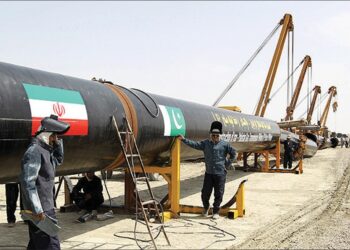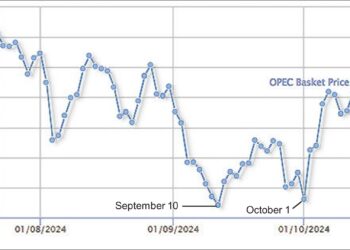fallen a fifth, from 20 million barrels last month to about 16 million barrels this week, the Reuters news agency quoted traders and shipping sources as saying Sunday.
The stored oil indicates Iranian problems selling its crude. It is common for Iran to store a lot of oil in the spring, but it normally sells most of it off by early summer. This year, the large-scale storage has continued much later than usual.
The sell-off of 4 million barrels over the past month is because of a spike in Asian demand, traders and shippers told Reuters.
Asian refiners have more than offset waning demand from European buyers who have increasingly shunned Iranian crude because of US banking restrictions, which have made financing oil deals with the OPEC member more difficult.
“The Eastern buyers have to be taking more of it. You can’t flood the European market with it because there are so many people who can’t take it,” said a trader with a European oil company.
Industry sources told Reuters that only the biggest European oil companies, including Royal Dutch Shell of Britain and Holland, Total of France and Eni of Italy, remain major buyers of the Islamic Republic’s crude oil. This is despite the fact UN and EU sanctions do not bar or restrict the purchase of Iranian oil in any way. US sanctions have for 15 years barred American firms from buying Iranian oil, but the US sanctions have never threatened any punishment of foreign firms that buy Iranian crude.
According to Reuters calculations, seven VLCCs (Very Large Crude Carrier tankers) loaded with either crude or fuel oil have been leased by Iran and anchored offshore in the Middle East for more than a month.
Iran has no onshore storage for oil produced at the offshore Soroush and Nowruz oilfields, and always keeps between 6 million and 10 million barrels stored off its Persian Gulf coast from those fields.

















